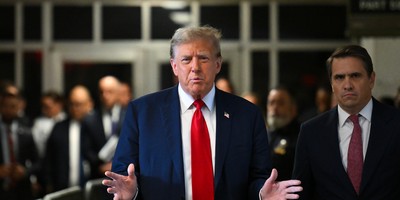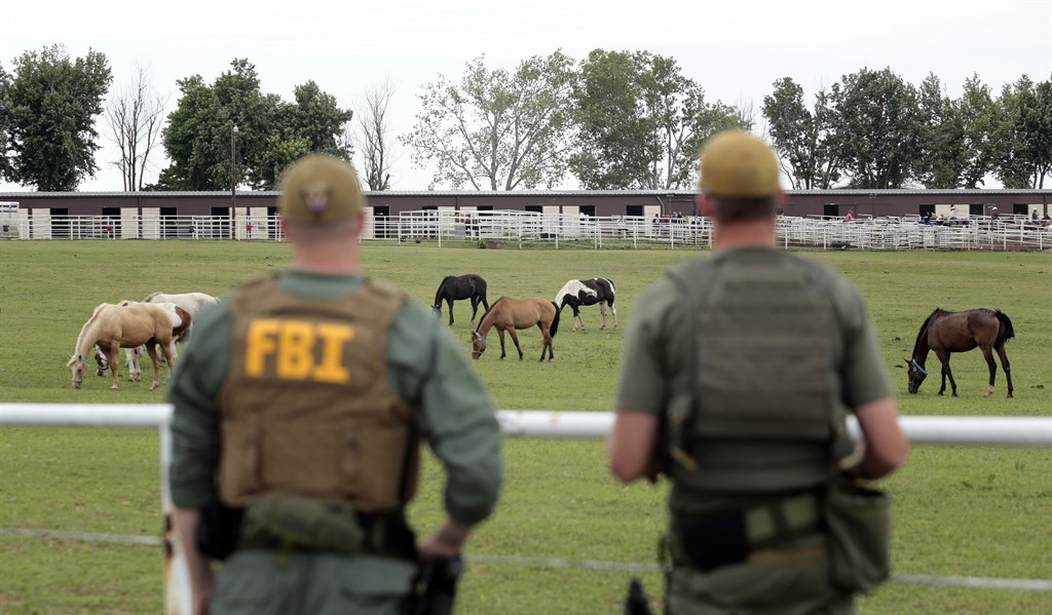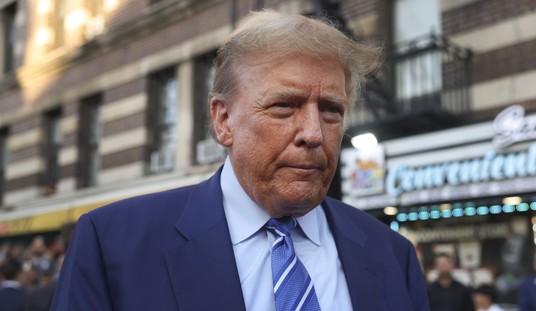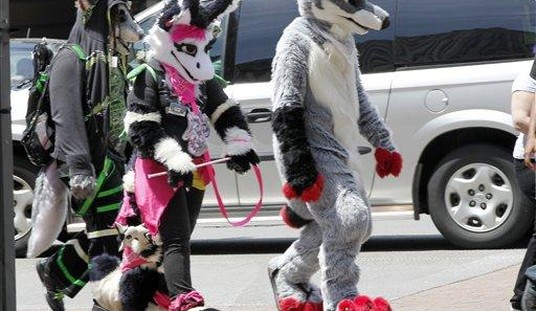In a House Foreign Affairs Committee hearing held June 14, Rep. Mike McCaul (R-TX) asked Secretary of State Rex Tillerson to comment on the troubling issue of connections between transnational criminal organizations and terrorist networks.
McCaul quoted Homeland Security Secretary John Kelly as saying "...cartels share ties with terror networks...and they have the ability to sneak drugs and people, including potential terrorists and dirty bombs" into the U.S.
McCaul asked Tillerson if he agreed that these ties represent a real national security threat, to which Tillerson replied: "Yes, I do...We clearly see the connections, extending all the way back to ISIS and al-Qaida." He then discussed joint U.S.-Mexico efforts to combat illicit financial networks that support transnational crime and terror.
In the Balkans, prior to WW1, several criminal organizations doubled as guerrilla and terrorist groups, so the phenomenon isn't new.
However, contemporary criminal cartels have become more sophisticated, both technologically and operationally. They run money-laundering and financing operations. The Sinaloa and Los Zetas cartels employ gunmen with combat skills comparable to military commandos. Mexican cartel operations are no longer confined to the Americas. Several have significant operations in Asia and Europe.
Their sophistication and global reach create a complex law enforcement problem. Their contacts and potential cooperation with terrorists goes beyond crime and threatens national security.
TCOs and terror networks have "converging interests," particularly in the areas of financing, movement of personnel and corrupting law enforcement. They may also have common interests in cyber espionage.
Recommended
The American Enterprise Institute recently published a report on TCOs and government corruption in North and South America. Titled "Kingpins and Corruption," the report also explores connections with terrorist networks, concluding that "terror and insurgent groups are increasingly relying on TCOs for funding and logistics support..."
Criminalized states are a major part of the problem. The report says "A "criminalized state" is reached when "senior leadership is aware of and involved -- either actively or through passive acquiescence -- on behalf of the state, in transnational criminal enterprises..." The criminal gang may be used as an instrument of "state power."
The Venezuela created by Hugo Chavez is a criminalized state. According to the report, the current Venezuelan government has a "sprawling network of transnational criminal enterprises..." When he was alive, Chavez used it to "sustain terrorist groups" inside neighboring Colombia.
The most frightening section in the AEI report examines Iran. In the 1980s, Iran began its "strategic penetration of Latin America" by establishing "a covert presence in a handful of Latin American countries under the guise of commercial and cultural exchanges." Iran would "embed itself in the Muslim communities of targeted countries," creating a base for inserting spies and political operatives.
The report notes Iran has exploited Shiite Lebanese communities throughout Latin America and tied them to Hezbollah. "Hezbollah's illicit finance networks" in the Middle East "supply the infrastructure for inserting sleeper cells that could be activated for terror attacks against local targets or even the United States."
Iran has used its network to conduct terror attacks. The "covert presence" of Iranian agents "eventually led to Hezbollah's terrorist attacks against the Israeli embassy in Buenos Aires, Argentina, in 1992 and the AMIA Jewish Community Center in the same city two years later."
Money is the fundamental common interest uniting criminals and terror groups like ISIS and al-Qaida -- hence Tillerson's focus on attacking financial connections and assets. Drug legalization would hurt the cartels, but they already have billions and are moving into other businesses.
Iran should be treated as an outright enemy. Tehran is the hometown of state-sponsored terrorism. Because the gray zone where crime becomes war is no longer very large, some security analysts are convinced American special operations forces and perhaps conventional forces as well will play a larger role in future counter-cartel operations.
























Join the conversation as a VIP Member